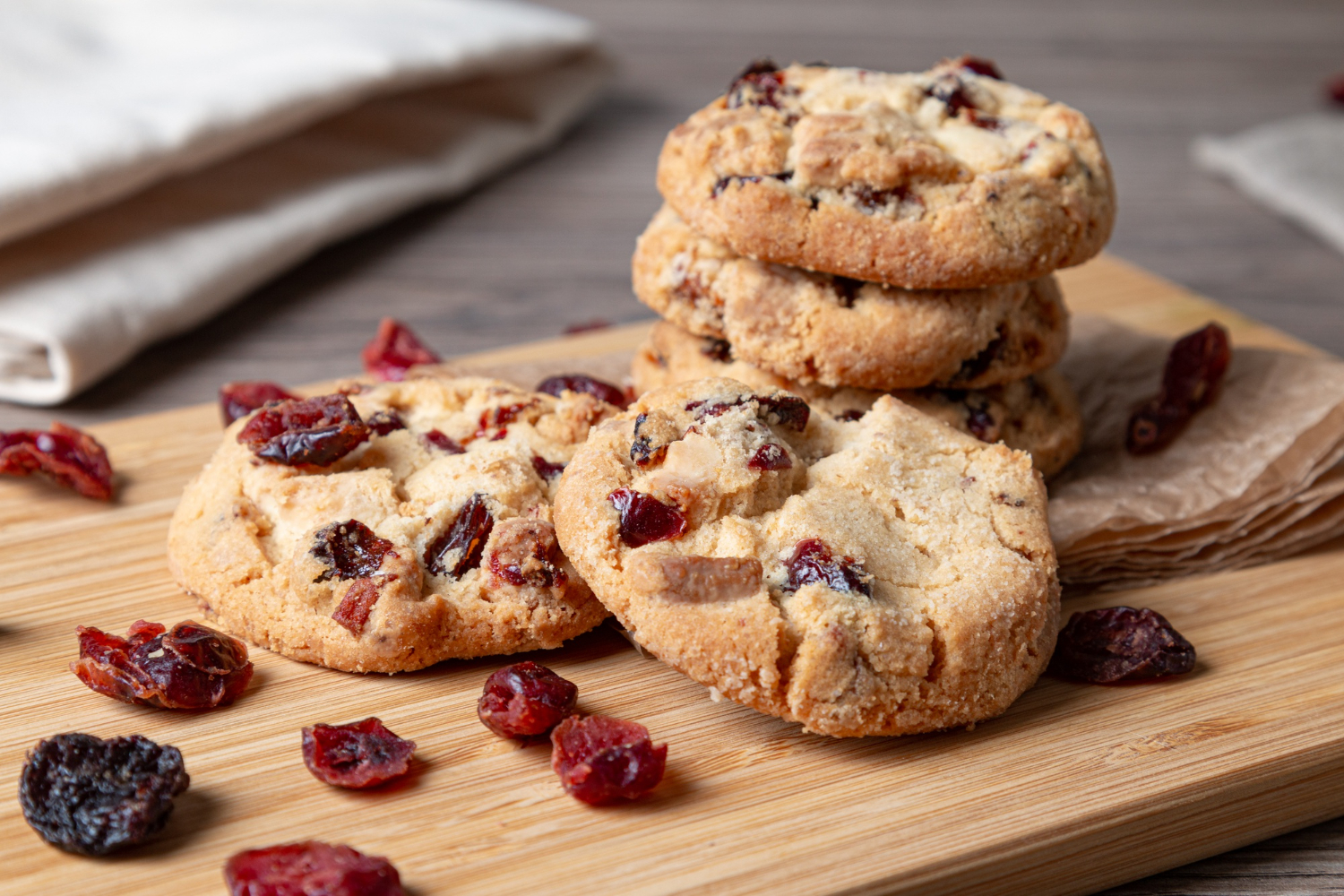Flour, eggs, oil, and sugar have little effect on the construction of cakes and cookies—unlike salt. Even though there are many types of salt, they all directly impact flavor somewhat sophisticatedly.
Salt somewhat decreases bitterness, resulting in an enhanced sweetness, and results in a better overall flavor. The cake won’t have a salty flavor if you add a little salt to the batter.
However, in the context of making bread, this is not true at all. Salt can both slow down yeast and gluten fermentation and enhance the flavor of a baked good. So if it’s a flatbread, just add a bit of salt for the taste that goes from bland to rich.
Do not restrict your salt use to cookie dough and batter; salt has more to offer.
If you’d like to make your fruit taste more prominent, try adding just a pinch of salt to your pie filling, fruit curds, jams, and jellies. Likewise, adding a pinch of salt to the chocolate recipe will enhance the cocoa flavor without being salty. Of course, this makes no surprise why salted caramel tasted better than the regular variant.
How Does Salt Affect Cookies?
The process of baking cookies is almost like sorcery. After you wet the white dough into the oven, brown, crispy, and delicious biscuits emerge. Using your favorite recipe as a guide, experiment with the ingredients to find the best cookie. The salt can make your cookie chewier, fluffier, or thinner.
When the cookie recipe goes awry, understanding how salt interacts with other components might help you modify or enhance the recipe. For example, the different flavors in a cookie fail to shine because its sweetness overwhelms them. Salt also increases the strength of protein in the dough, which results in chewier cookies.
Kosher and table salt have indistinguishable flavors, so you can substitute one for the other if you compensate for changes in volume. However, kosher salt is coarser than table salt; therefore, it takes up more space even if they weigh the same.
Is Salt Necessary in Baking Cookies?
Because our bodies require salt to function correctly, it is natural for us to crave it. Of course, that does not imply we need to eat a lot of it daily. Still, it does mean we should be more likely to consume and appreciate the food we prepare and bake if we make sure to use just the right amount of salt.
Salt plays a significant role in the flavor of the other ingredients in cookie dough. As a result, the components blend to provide greater depth and complexity as the taste is enhanced. Furthermore, salt counterbalances the sweetness of cookie mixtures, but you shouldn’t be able to detect a salty flavor.
When baking, salt impacts the softness of the product. Salt molecules link with flour proteins, making gluten molecules less mobile, resulting in a tighter and more elastic dough or batter. Under any circumstance, it’s best to avoid a wet, soft, and sticky dough by adding as much salt as possible.
Salt has a strengthening impact if it’s combined with egg whites, depending on the technique of combining ingredients. Adding salt to beaten egg whites helps them better retain their volume when they are folded in. While salt is typically not used to leaven, it may add to the volume of specific recipes.
What Happens When You Don’t Put Salt in Cookies?
Is there any effect on the baked goods if salt is not used?
The body’s ability to detect sweetness is enhanced by salt. When salt is present, our intestines and tongue sensors, which don’t usually alert to sugar, suddenly become sensitive to glucose and identify it as sweet. The additional sugar detector that gets notified whenever you consume something sweet appears to be turned on.
A bit of salt can enhance sweet flavors. Not using any salt would cause the baked goods to taste flat. However, the quantity of salt in baked products and most home cooking is really modest, so removing it from your diet won’t result in a considerable reduction in sodium.
Salt, other with adding flavor and preventing staleness, is also helpful for gluten structure and browning. Salt helps to strengthen the gluten in cookie dough recipes, which enhances the cookie’s system. It also prolongs the shelf life of bread, so it does not get stale as rapidly.
Do not add salt directly to yeast when hydrating it because the resulting cookies will be flat. Additionally, if the flavors are not as appealing, you may find yourself consuming more of them.
What Kind of Salt Do You Use for Cookies?
Before we go any further, we must evaluate the different types of salt. All of these salts are good for baking: table salt, sea salt, and kosher salt. However, the quantity of salt depends on the type and brand.
As mentioned earlier, adding a speck of salt to your cookie dough will not make your baked product salty. While salts are available in all sorts and variants—they may not alter the entire flavor palette. Instead, they amplify the existing flavors through their salty notes.
The many different salt crystal kinds also differ in size and shape, and each one melts at a different rate:
- To add a finishing touch, use a beautiful salt for garnish. A salt that is powdery and colorful.
- To create a sea salt caramel sauce, you must know what to add. Use any salt you like for those who don’t need to use kosher salt or want a less-fine salt.
- For finishing salts, select larger grains or flakes, while for baked items, opt for smaller, lighter crystals, such as table salt.
- It’s an undisputed fact that if you’re blindfolded and taste a cookie with each of the three types of salt, you probably won’t be able to tell the difference.

